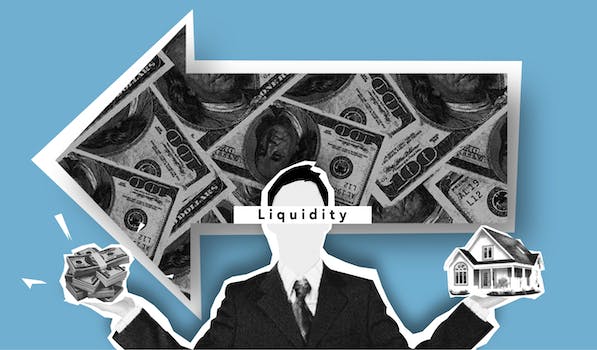
The Benefits of Investing in Foreclosed Properties
Investing in foreclosed properties can be a lucrative and rewarding venture for real estate investors, homeowners, first-time home buyers, and real estate agents. This article will explore the numerous benefits of investing in foreclosed properties, including potential cost savings, increased equity, and the opportunity for rental income. We will also discuss relevant examples, case studies, and statistics to support these points.
What are Foreclosed Properties?
Foreclosed properties are homes that have been repossessed by a lender, typically a bank, due to the homeowner’s inability to make mortgage payments. Once the property is repossessed, the lender will attempt to sell the property to recoup their losses. This often results in the property being sold at a discounted price, making it an attractive investment opportunity for potential buyers.
Cost Savings
One of the primary benefits of investing in foreclosed properties is the potential for cost savings. Foreclosed homes are often sold at a lower price than comparable properties in the same area, as lenders are motivated to sell quickly and recoup their losses. This can result in significant savings for the buyer, particularly if they are able to negotiate a favorable purchase price.
- Example: A foreclosed property may be listed for $200,000, while a similar property in the same neighborhood is listed for $250,000. By purchasing the foreclosed property, the buyer could potentially save $50,000.
- Case Study: According to a study by RealtyTrac, buyers who purchased foreclosed properties in 2016 saved an average of 25% compared to the market value of similar properties.
- Statistic: In 2020, the average discount on a foreclosed property was 13.1%, according to ATTOM Data Solutions.
Increased Equity
Another benefit of investing in foreclosed properties is the potential for increased equity. Since these properties are often sold below market value, buyers can build equity more quickly than they would with a traditional property purchase. This can be particularly beneficial for first-time home buyers or investors looking to build their real estate portfolio.
- Example: A buyer purchases a foreclosed property for $200,000 and invests $20,000 in renovations. The property is now worth $250,000, resulting in $30,000 of built equity.
- Case Study: A study by the Urban Institute found that between 2009 and 2017, investors who purchased foreclosed properties saw an average annual return on investment of 8.4%.
- Statistic: According to Zillow, the average equity gain for homeowners in the United States in 2020 was $26,300.
Rental Income Potential
Investing in foreclosed properties can also provide the opportunity for rental income. By purchasing a property at a discounted price, investors can potentially generate a higher return on investment through rental income. This can be an attractive option for investors looking to diversify their income streams and build long-term wealth.
- Example: An investor purchases a foreclosed property for $200,000 and rents it out for $1,500 per month. Over the course of a year, the investor would generate $18,000 in rental income.
- Case Study: According to a report by the Joint Center for Housing Studies of Harvard University, the number of renter households in the United States increased by 9 million between 2005 and 2015, highlighting the growing demand for rental properties.
- Statistic: In 2020, the average rental yield for single-family homes in the United States was 8.4%, according to ATTOM Data Solutions.
Conclusion
Investing in foreclosed properties offers numerous benefits for real estate investors, homeowners, first-time home buyers, and real estate agents. These benefits include potential cost savings, increased equity, and the opportunity for rental income. By understanding the advantages of investing in foreclosed properties and conducting thorough research, buyers can make informed decisions and potentially reap significant rewards.
Leave a Reply